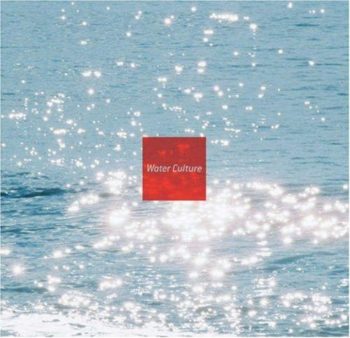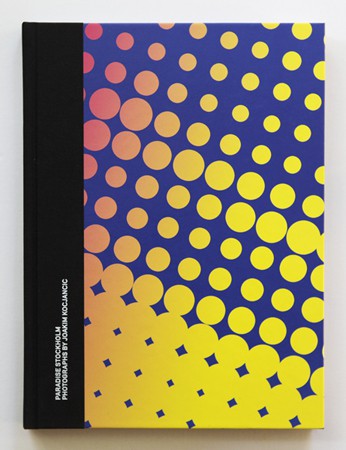Hardcover 1st edition
Trolley Books (2003)
160 pages
90 color photos
hardback with jacket 31,0 cm x 24,7 cm
english
The prison camps of Siberia still have customers, in fact over a million of them. Sent there for minor offensives such as stealing cabbages or even a hamster from a Moscow pet shop, the prisoners and their prisons are captured here by Carl de Keyser in brilliant colour, as if seen through some disturbing hallucinatory dream.
It’s official. The gulags of Siberia are no more. Solzhenitsin’s nightmare of the absurd does not exist. The prisons are still there, of course, with plenty of customers, probably more than a million, such as the 15-year-old boy serving three and a half years for stealing two hamsters from a Moscow pet shop, or the mother of four who stole 12 cabbages – what can have possessed her? – and was rewarded with four years in Siberia.
So the inhuman lunacy still exists, but it is now officially apolitical. In reality it is an economic social endeavour. It does not pay to be a poor thief in Russia, since you will not have the resources to avoid the interminable train ride to the East when you are caught. Carl De Keyzer took that journey to photograph the prisons today. With two army colonels as his shadows, one to the left and one to the right, he photographed what he was allowed to see, and no more. But he has revealed a kind of winter wonderland, a Disneyland where all normal credibility is suspended – look, for example, at the tattoos in the photographs. “Where do they come from?” he asked. The answer came: “What tattoos? There are no tattoos. They are illegal.” So they don’t exist. Your eyes decieve you.
It has been said that the collective memory is black and white. In Zona, De Keyzer has elaborated on the brocaded fantasy of the Siberian prisons by using brilliant colour, as if from a hallucinatory dream. Look at the faces, and then the eyes, of the prisoners. There is a Zen despair there, as if they were wearing lederhosen in a remarkable holiday camp. They tell a disturbing story.
‘Magnum photographer Carl de Keyzer captures the wintry landscape, harsh realities and surreal elements of prison life’. (Guardian Review)
Photo District News Annual 2003 – Kraszna Krausz Award, Best Books category 2003
Carl de Keyzer was born in Belgium in 1958, and began his career as a freelance photographer in 1982 while supporting himself as a lecturer at the Royal Academy of Fine Arts of Belgium (1982-89). At the same time his interest in the work of other photographers led him to co-found and co-direct the XYZ-Photography Gallery. A Magnum nominee in 1990, he became a full member in 1994.
By his own admission, his concerns currently rest with societies that are symptomatic of a changing world, as demonstrated by his work in India, his books on the collapse of the USSR and how Russia is now coming to terms with the post-Soviet world and, more recently, power and politics in the contemporary world treated in a series of large-scale tableaux.
His commitment to in-depth reportage does not come without cost. He contracted TB during his first visit to Siberia for his book on the prison camps (Zona, Trolley, 2003), and returned heavily dosed with antibiotics. “Unfortunately you can refuse a girl, but to refuse a vodka is the worst of social evils. I had a hard time of it.”
De Keyzer, whose work is regularly exhibited in European galleries, is the recipient of a large number of awards including the Book Award from the Arles Festival, the W. Eugene Smith Award (1990) and the Kodak Award (1992). He has lectured widely in the US and Europe.
Other books:
India (Uitgeverij Focus, 1990)
God, Inc. (Uitgeverij Focus, 1991)
East of Eden (Ludion Press, 1996)
Europa (Ludion Press, 2000)
Tableaux d’Histoire (Consorcio Salamanca, 2002)
Zona (Trolley, 2003)




























